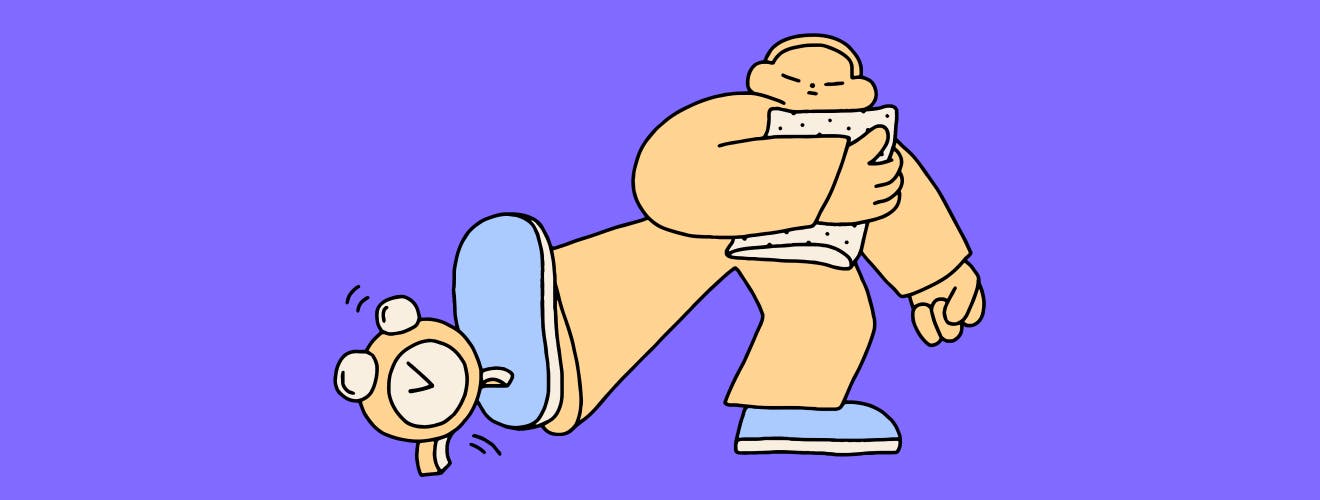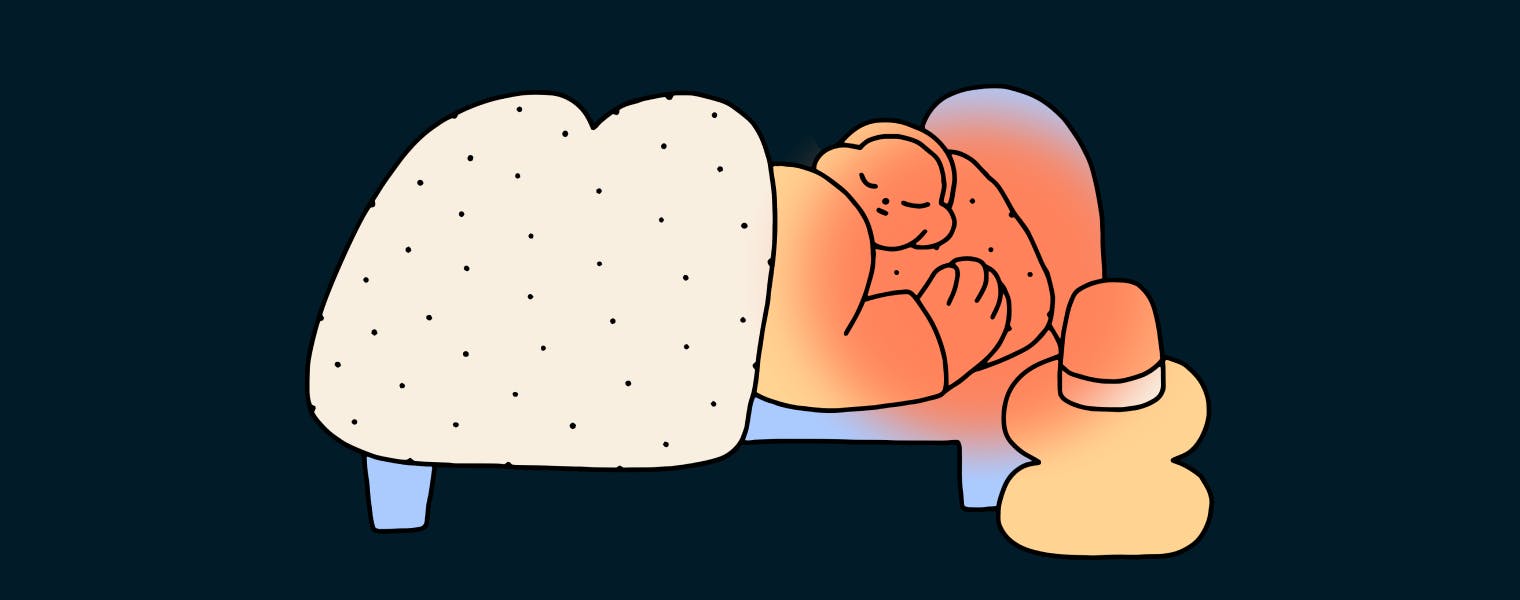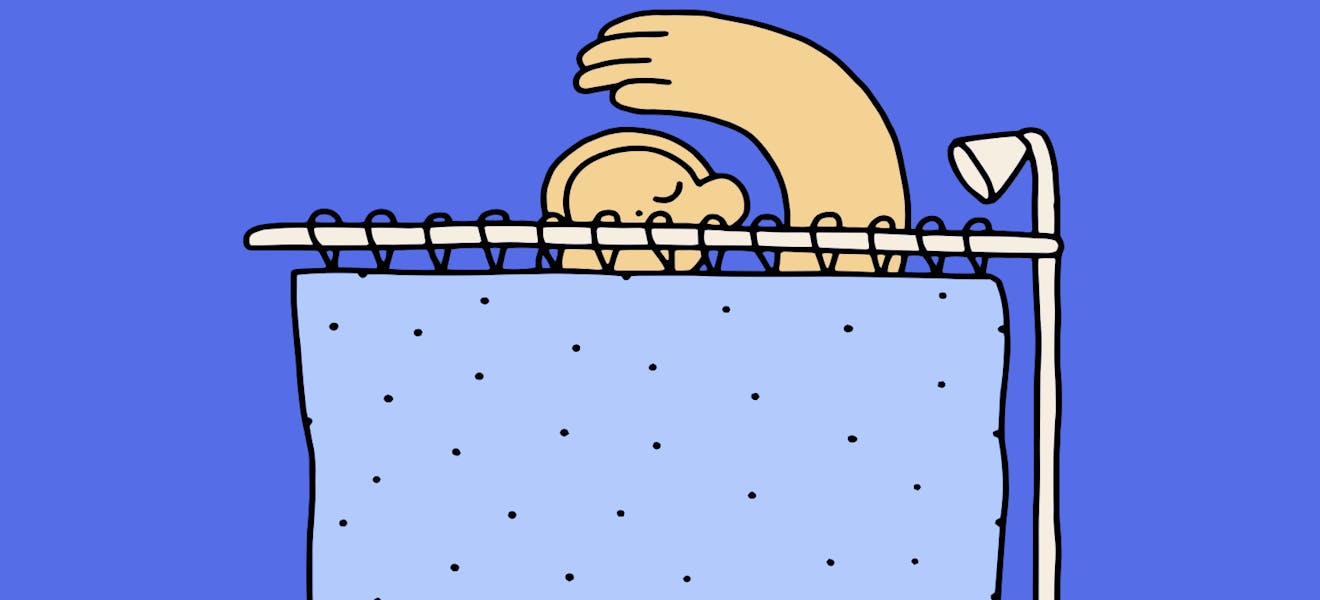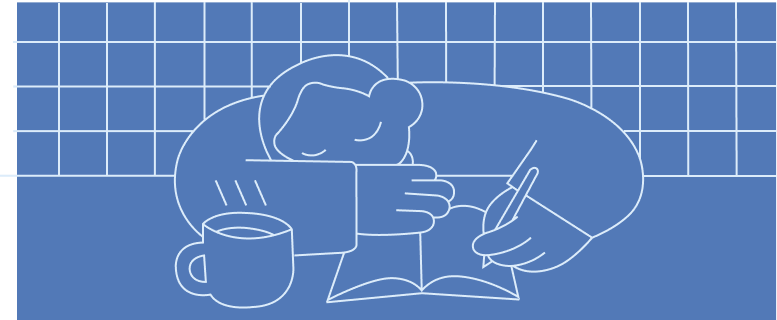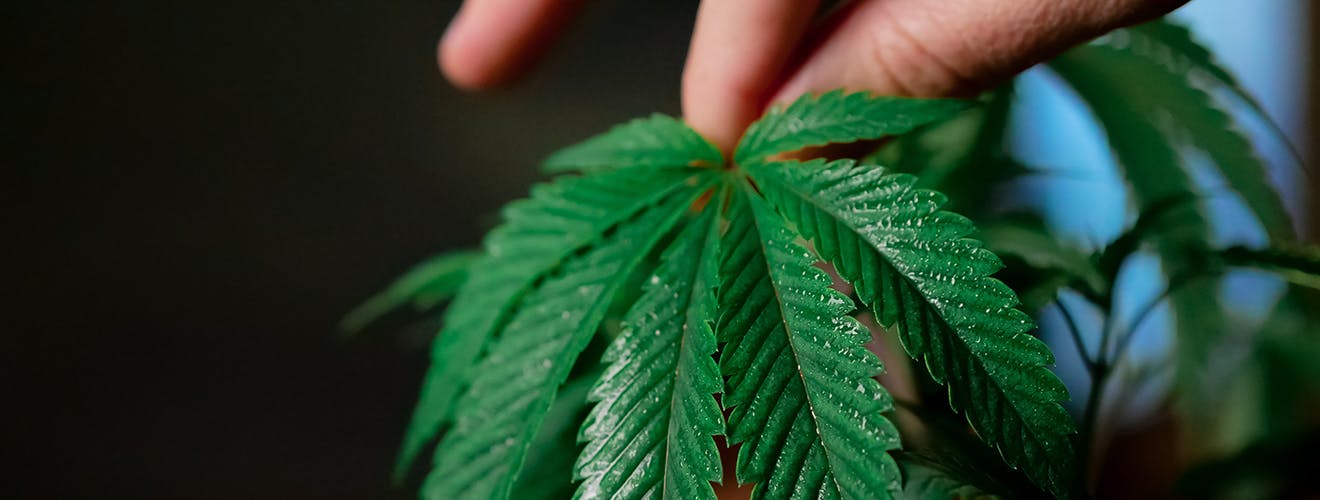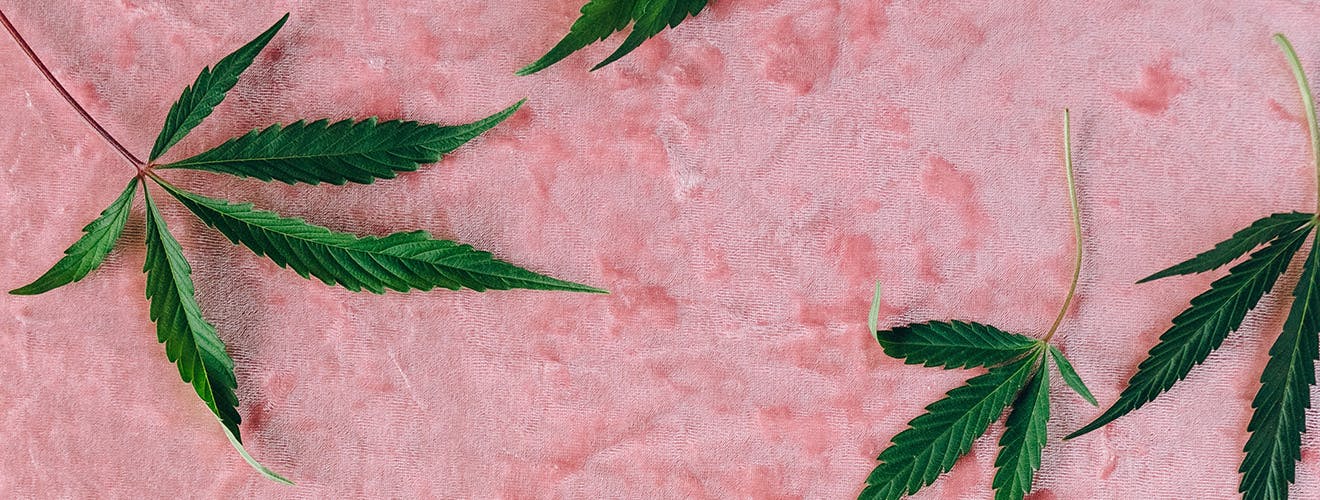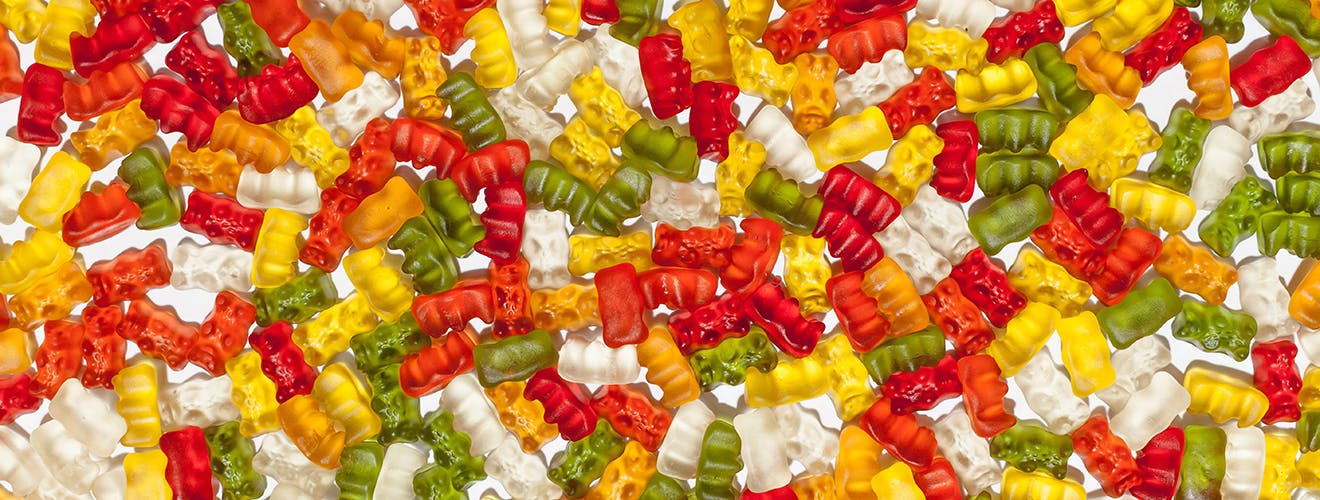Does CBD Make You Sleepy?
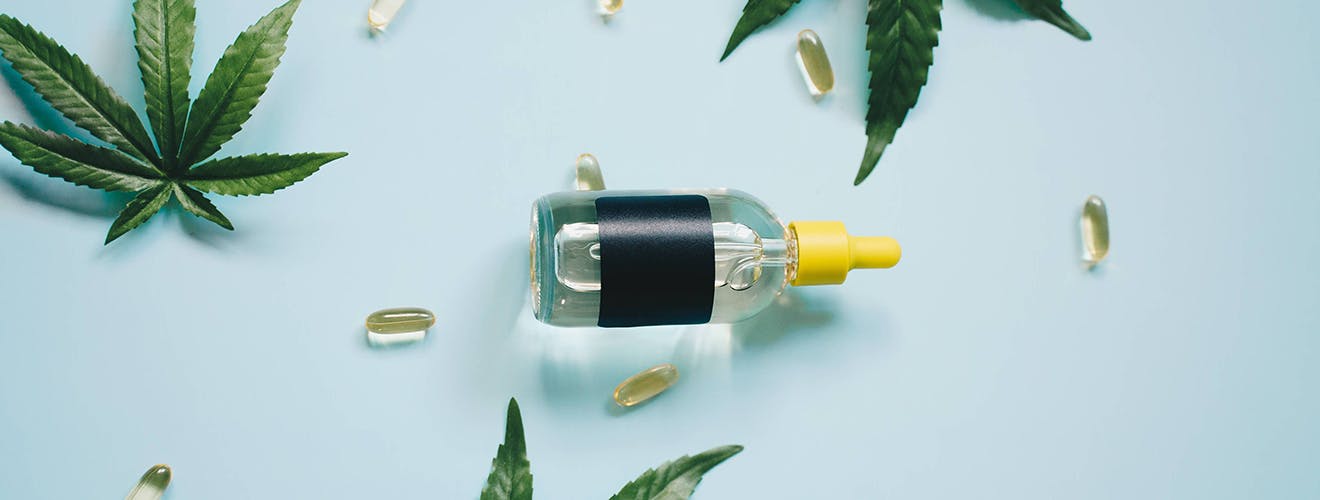
Lately, it seems like the world is abuzz with all things CBD. You can find it in almost everything, from food, drinks to beauty products and more. And apparently, CBD can also make you sleepy. Today, it is heavily marketed as a sleep aid, which is why resident night owls continue chewing on those recently released CBD-infused gummies. Let's take a closer look at this natural chemical to find out how it works.
What is CBD?
Before we begin introducing this seemingly all-powerful panacea, we should explore where it came from.
Ever heard of marijuana? How about cannabis? Of course, you have. Even if you haven't, schools and anti-drug campaigns have likely introduced you to the word at some point.
Now, as you may know, cannabis is a plant with psychoactive properties. When the harvested flowers are dried and smoked or ingested some other way (e.g. edibles), it has the capacity to get you "high." But what many people don't know is that aside from making you feel relaxed and inspiring creative thoughts, it contains a variety of pro-health properties.
Cannabis comes in three strains: Sativa, Indica, and Ruderalis. These plants contain over 400 chemical components, more than 70 of which are aptly called cannabinoids. The most active ingredient of marijuana is called delta-9-tetrahydrocannabinol (THC), the cannabinoid that makes you feel high. But not all cannabinoids cause psychoactive effects, and some are in fact very beneficial when isolated.
Cannabidiol (CBD) is a particularly well-known cannabinoid derived from the cannabis or hemp plant. It is more prevalent in hemp than cannabis which is why a lot of the products available will have hemp-derived CBD in its formulation.
CBD is often touted for its many health benefits and is an essential component of medical marijuana.
Types of CBD
There are currently three types of CBD being produced. The difference lies in how each type is being processed, and whether or not they contain any amount of THC or other phytocannabinoids.
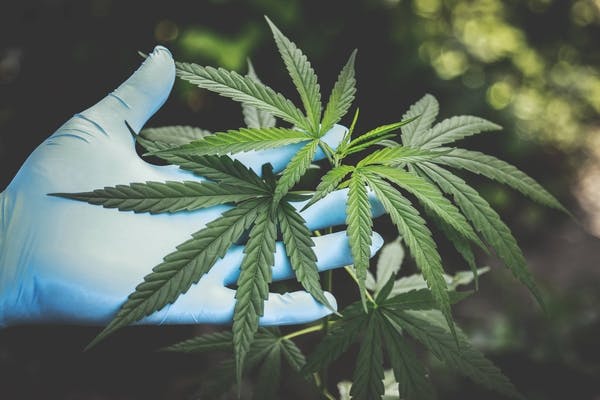
Full Spectrum CBD
Full Spectrum CBD is the total extract of the flower, THC, and all. This means products with Full Spectrum hemp-derived CBD will likely contain the other cannabinoids and chemicals that cannabis provides. This includes terpenes, another chemical compound found in marijuana and hemp plants that kind of act as a booster to the cannabinoids. Terpenes initiate the so-called "entourage effect" which basically means you get more of the aspects of CBD and THC combined as compared to when they're isolated.
Broad Spectrum CBD
Broad Spectrum CBD contains no THC. So, there's no chance of the psychoactive properties hitting you when you just want to sleep. It still can exhibit the entourage effect among the remaining cannabinoids, so if the goal is to make you sleepy, broad-spectrum is a good choice.
CBD Isolate
CBD isolate is pure, isolated CBD and does not include any THC or terpenes. To people whose sole intent is to take the benefits of hemp without the effects of THC, this is the best option. However, it contains lower potency so you may need to take higher doses of CBD isolate for the best effect.
Why Does CBD Make You Sleepy?
CBD interacts with the body's endocannabinoid system (ECS) as an antagonist, meaning it blocks the receptors in the brain and causes feelings of relaxation among other things. The ECS is responsible for many of the body's processes, not the least of which is the sleep-wake cycle. CBD taps into this function to promote sleep at night and has been shown to reduce REM sleep.
Its role in regulating REM sleep helps in improving sleep quality by reducing dreams and nightmares as well as active behavior. This may mean waking up less in the middle of the night. CBD also decreases slow-wave sleep latency which may help you get sleepy faster.
What Kind of CBD is Best for Sleep?
We have established that CBD, with its sedative and hypnotic properties, can help you fall asleep. But as saturated as the market is with CBD-infused products, how can you tell which one is the best for you?
The answer depends on the individual. Each formulation offers different amounts of CBD and differs in how fast it takes effect. Inhaled CBD gets into the blood fastest, thereby reaching a high concentration within 30 minutes. This increases the risk of acute side effects and exposes the user to negative health effects of smoking.
Edibles, meanwhile, take between 30 to 60 minutes to kick in. Because of this, many people are easily tempted to take more doses before the effects can be felt. This increases the risk of taking more than you really need.
Meanwhile, topical formulations may not absorb and get into the bloodstream. This decreases the risk of interacting with other medications, but also may not give you the desired effect.
Whatever kind of CBD you choose should depend on your individual needs. CBD may be relatively safer compared to THC, but some people still react negatively to it. Your body chemistry will dictate the best kind of CBD for you, and for this, we suggest going slow and asking a health professional first - especially if you have underlying medical conditions that may be affected by cannabinoids.
Are There Side Effects?
As with all known drugs, CBD also has its downsides. While CBD is generally considered safe, some people may still experience side effects, including dry mouth, diarrhea, reduced appetite, drowsiness, and fatigue. CBD can also cause changes in appetite and weight.
Aside from that, CBD can interact with other medications you're taking. If you take CBD at the same time with OTC or prescriptions medications or alcohol, this may lead to increased sleepiness, fatigue, and possible accidents. If you're taking blood thinners, proceed with caution.
If you're taking medications or dietary supplements or if you have health concerns, we recommend talking to a health professional before taking CBD.
Does CBD Affect Sleep Disorders?
There has been mounting evidence of CBD's potential use as a sleep aid. Preliminary research suggests CBD can help with a number of sleep disorders, including insomnia, REM sleep disorder, as well as excessive daytime sleepiness disorder. Due to its relaxing and calming effect, CBD may make you sleepy as well as improve your sleep quality as a whole.
Thanks to its anxiolytic effects, CBD is also potentially beneficial to people suffering from anxiety. As anxiety remains one of the leading causes of sleep problems, this bodes well for the future of CBD as a possible therapy for sleep disorders.
This makes CBD a rather promising candidate for therapies targeted towards individuals with sleep apnea, insomnia, restless leg syndrome, PTSD related nightmares among others. That said, while the science is continuously growing, there still needs to be further investigations on the safety and efficacy of cannabinoids for treating sleep disorders.
What's the Difference Between CBD and THC?
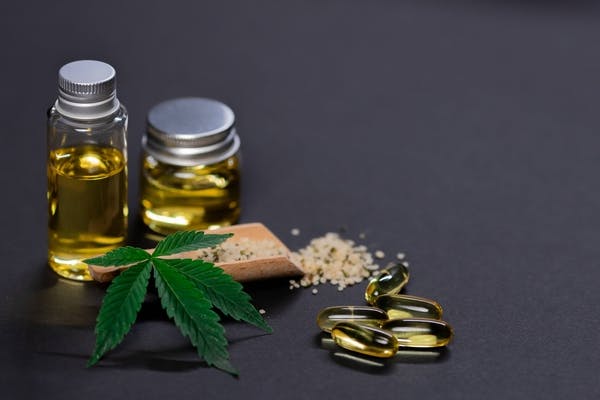
THC and CBD both have a chemical structure similar to the natural endocannabinoid we have in the human body. However, they bind with our nervous system's receptors differently, thereby causing different effects. THC acts as a booster to the receptors in the endocannabinoid system while CBD blocks those same receptors.
The biggest difference between THC and CBD is in their psychoactive effects. THC causes the high you feel when you take marijuana. CBD, meanwhile, is antipsychotic which means it produces the complete opposite effect.
While THC and CBD both have potential benefits for epilepsy, anxiety, glaucoma, symptoms of HIV/AIDS, pain, opioid dependence among others, they have differences in this regard as well.
For starters, CBD is commonly used against anxiety, depression, inflammation, migraines, PTSD, psychosis or mental disorders, and seizures. On the other hand, THC is found to be more beneficial against glaucoma, poor appetite, and tremors.
There's also the matter of where they come from. CBD is typically derived from hemp which has less concentration of THC, while THC is usually derived from marijuana. This also affects whether THC or CBD products will be legal in some states.
To date, there are still only a few cannabis-derived medications that are approved by the Food and Drug Administration. Marijuana and THC are not legal under federal law even though some states allow them. Hemp-derived CBD is legal in most states, but the specificity of this legality still varies from state to state.
There's also the matter of side effects. THC causes increased heart rate, coordination problems, dry mouth, red eyes, slower reaction times, memory loss, anxiety and is likely to cause long-term negative psychiatric effects. CBD, meanwhile, is likely to induce appetite changes, fatigue, weight loss, dizziness, and diarrhea.
Both THC and CBD may also be detected by drug tests, although THC has a high probability of being detected.
Conclusion
CBD contains a number of potential uses, including the ability to improve sleep. That said, finding the right strain for your needs can be a challenge, especially if you live somewhere it hasn't been widely embraced. Fortunately, there are simpler ways of ensuring a good night's sleep.
Sandland Sleep is dedicated to finding a solution for sleep that's stress and hassle-free. We know how important sleep is to be able to function as healthy adults, which is why along with a team of sleep professionals, we created a line of products guaranteed to help you get the sleep you need.
Fall Asleep and Stay Asleep are designed for individuals having trouble being sleepy or staying asleep at night. Fast-acting, safe, and effective, our products can help you get to sleep naturally without any intoxicating effects.
Made from naturally-derived top-graded hemp extract and enhanced with melatonin to give you better sleep, our supplements promise to give you those 8 hours of sleep without tossing and turning and waking up groggy the next day.
One of the known effects of CBD is relaxation. In fact, CBD is almost exclusively advertised as something that can calm you down and help you relax. Since it has no psychoactive effects, it will not make you feel high. It can also help you sleep better, improve your focus, reduce stress and anxiety levels, and ease physical discomforts.
CBD oil can make you feel calm and relaxed. It can also help you focus and ease physical discomfort. It helps make you sleepy as well, and more resistant to stress. CBD oils are made with less than 0.3% traces of THC so it won't get you high unless you have a particularly low tolerance.
